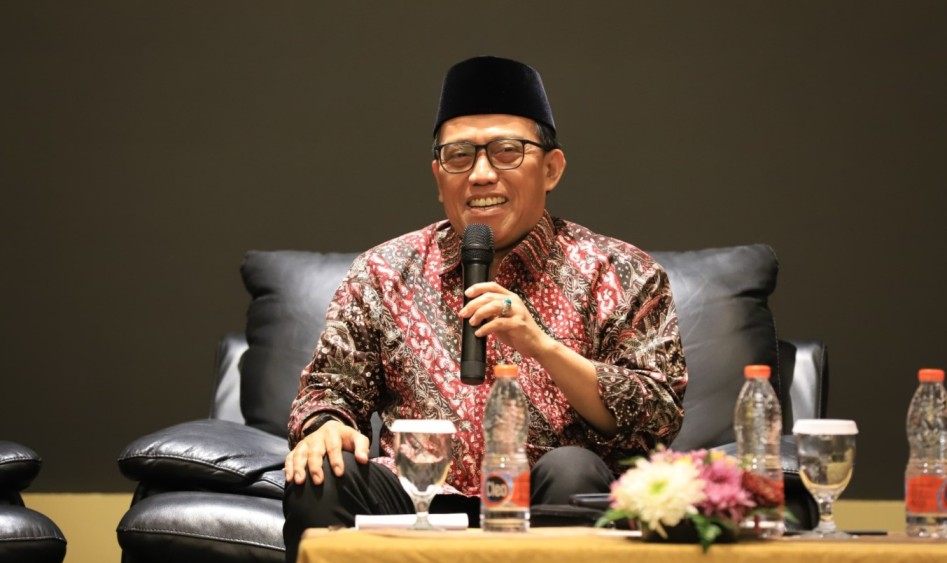Indonesia issues Yen-denominated bonds to finance state budget deficit

Jakarta (Indonesia Window) – The Indonesian government has issued state bonds in in Japanese yen (Samurai Bonds) for the second time since July 2020.
The Samurai Bonds issuance scored a benchmark size of 100 billion yens (around 920.4 billion U.S. dollars) for the seventh time since 2015, according to a written statement from the Indonesian Ministry of Foreign Affairs received here on Monday.
The issuance of Samurai Bonds was aimed at financing the 2021 state budget deficit, including handling the COVID-19 pandemic and restoring the national economy.
One of the Samurai Bonds joint lead managers said that Japanese investors showed great interest in Indonesian Samurai Bonds.
A number of joint lead arrangers in the transaction were Daiwa Securities Co. Ltd., Mizuho Securities Co., Ltd., Nomura Securities Co., Ltd, and SMBC Nikko Securities Inc.
Director General of Financing and Risk Management of the Indonesian Ministry of Finance Luky Alfirman explained, the issuance of Samurai Bond this year is quite challenging in the midst of global conditions that are still volatile due to the COVID-19 pandemic.
The nominal for the last three years’ tenor is the smallest in the history of the issuance of Indonesian Samurai Bonds.
About 70 percent of the total issuance nominal tenor this time is five years and above. The reduced dominance of short tenors reflects investor confidence in Indonesia’s economic fundamentals.
In addition, Indonesia achieved the lowest spread against Yen Swap and coupons for all tenors in the history of the issuance of Samurai Bonds without any guarantee from Bank of Japan for International Cooperation (JBIC).
The lowest coupon in the history of the issuance of Samurai Bonds for a tenor of 10 years, amounting to 0.89 percent. This coupon is still lower than that of 10-year Samurai Bonds with JBIC guarantees in 2015 at the level of 0.91 percent.
The number of investor demand is also significant, resulting in an over-subscribe for this transaction by 1.6 times.
The Indonesian government officially began marketing the issuance of Samurai Bonds on Tuesday (May 18).
The marketing process was carried out in three days by taking into account the solid demand from both Japanese domestic and overseas investors.
The Indonesian government decided to narrow final guidance to the lowest level of almost all series. Even though the final price offered by the government was very tight, the investors interest was still quite high with a bid-to-cover ratio reaching 1.6 times.
Prior to the transaction, the Indonesian government conducted a non-deal roadshow in online group meetings as well as online one-on-one meetings with Japanese investors.
The roadshows had an impact on the diversity of investors participating in the issuance of Samurai Bonds.
By category, investors in the transaction consisted of city banks (22.2 percent), insurance (7.0 percent), asset managers (31.1 percent), central cooperatives (7.0 percent), central banks (4.0 percent), public funds (0.2 percent), shinkin banks (Japanese deposit institution/regional banks (8.9 percent), and others (19.6 percent).
Meanwhile, investors from outside Japan accounted for 17.7 percent of the total investors.
Reporting by Indonesia Window

.jpg)








